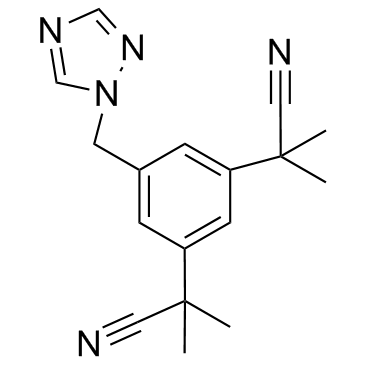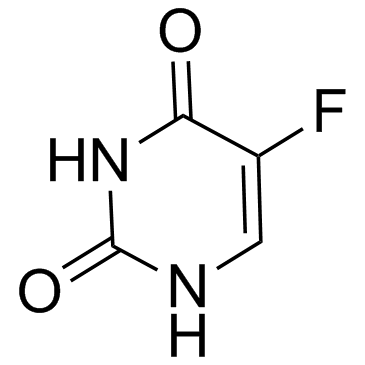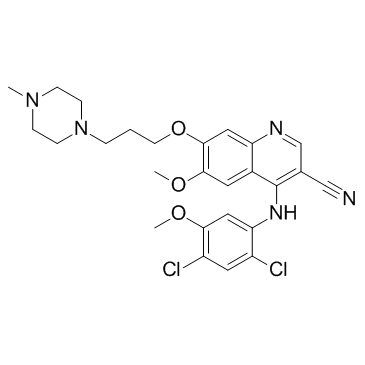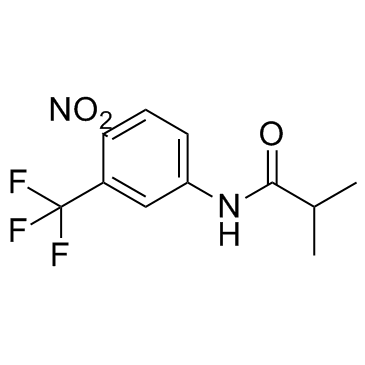Molecular Cancer Therapeutics
2015-08-01
Pilot Trial of Selecting Molecularly Guided Therapy for Patients with Non-V600 BRAF-Mutant Metastatic Melanoma: Experience of the SU2C/MRA Melanoma Dream Team.
Patricia M LoRusso, Scott A Boerner, Mary Jo Pilat, Karen M Forman, Clarice Y Zuccaro, Jeffrey A Kiefer, Winnie S Liang, Sally Hunsberger, Bruce G Redman, Svetomir N Markovic, Aleksandar Sekulic, Alan H Bryce, Richard W Joseph, C Lance Cowey, Leslie Anne Fecher, Jeffrey Alan Sosman, Paul B Chapman, Gary K Schwartz, David W Craig, John D Carpten, Jeffrey M Trent
文献索引:Mol. Cancer Ther. 14 , 1962-71, (2015)
全文:HTML全文
摘要
Targeted therapies and immunotherapies have led to significant improvements in the treatment of advanced cancers, including metastatic melanoma. However, new strategies are desperately needed to overcome therapeutic resistance to these agents, as well as to identify effective treatment approaches for cancer patients that fall outside major targetable mutational subtypes (e.g., non-V600 BRAF melanoma). One such strategy is to extend the paradigm of individually tailored, molecularly targeted therapy into a broader spectrum of melanoma patients, particularly those bearing tumors without commonly recognized therapeutic targets, as well as having failed or were ineligible for immunotherapy. In this nontreatment pilot study, next-generation sequencing (NGS) technologies were utilized, including whole genome and whole transcriptome sequencing, to identify molecular aberrations in patients with non-V600 BRAF metastatic melanoma. This information was then rationally matched to an appropriate clinical treatment from a defined pharmacopeia. Five patients with advanced non-V600 BRAF metastatic melanoma were enrolled. We demonstrated successful performance of the following during a clinically relevant time period: patient tumor biopsy, quality DNA/RNA extraction, DNA/RNA-based sequencing for gene expression analysis, analysis utilizing a series of data integration methodologies, report generation, and tumor board review with formulated treatment plan. Streamlining measures were conducted based on the experiences of enrolling, collecting specimens, and analyzing the molecular signatures of patients. We demonstrated the feasibility of using NGS to identify molecular aberrations and generate an individualized treatment plan in this patient population. A randomized treatment study utilizing lessons learned from the conduct of this pilot study is currently underway.©2015 American Association for Cancer Research.




